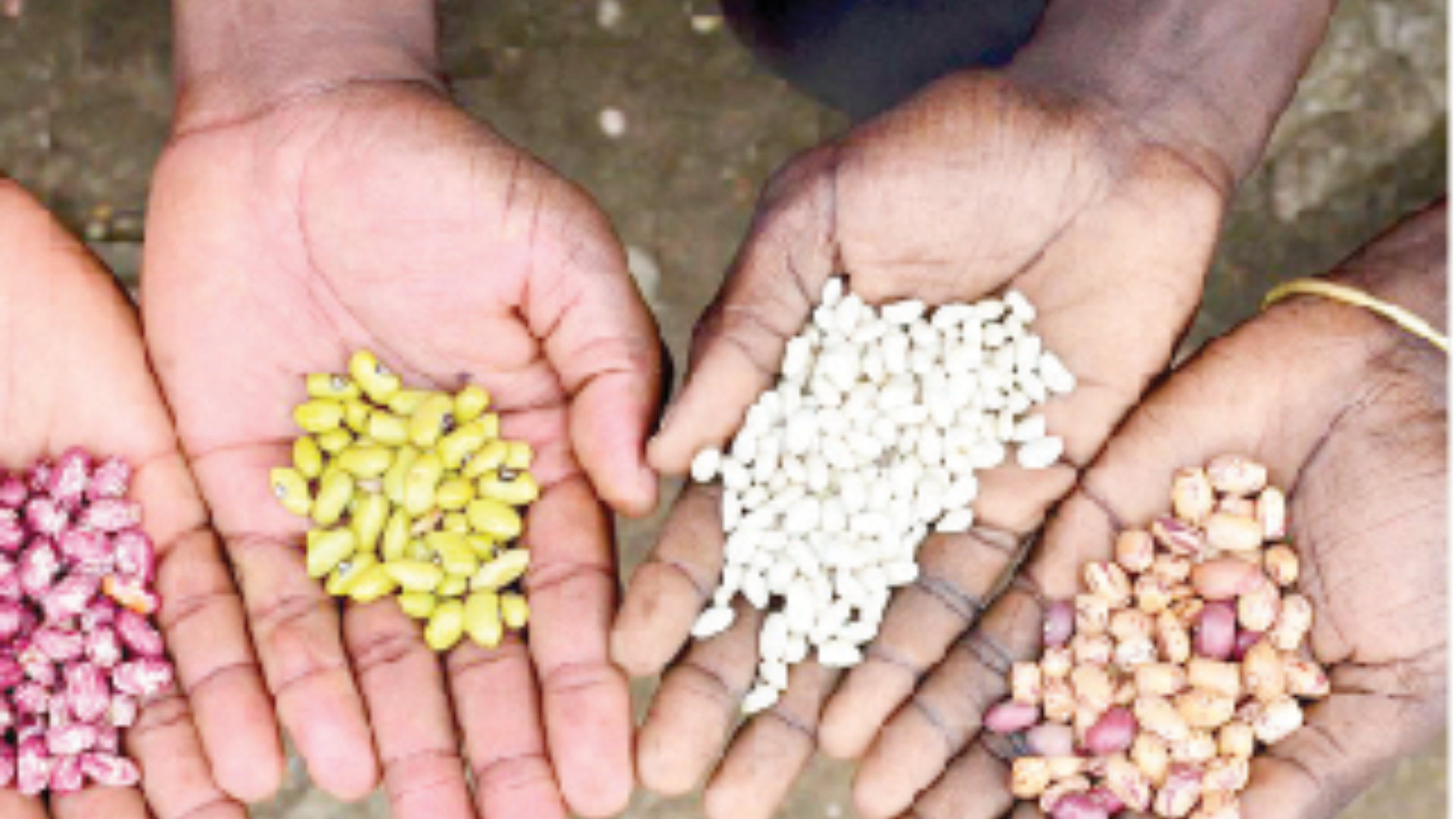Promoting indigenous seed sharing for food security
By Winnie Wangare, October 14, 2024World Food Day, celebrated annually on October 16th, is a global event that highlights the importance of food security, diverse cuisines, and agricultural sustainability.
For many, this day represents the triumph of human ingenuity in feeding a growing population, while honouring the rich variety of foods and cultures that nourish us.
Yet, in Kenya, the harsh reality for millions of people starkly contrasts the ideals celebrated on this day. Food insecurity, worsened by government-imposed policies that restrict agricultural freedom, has left many families without enough to eat. It is time to unite and fight for the right to food.
In recent years, Kenya has faced significant challenges in ensuring that its citizens have access to adequate food. Climate change, economic inequality, and poor agricultural infrastructure have all contributed to food scarcity.
However, the situation is being made worse by policies that limit farmers’ access to seeds, land, and resources. The Seed and Plant Varieties Act, for instance, imposes restrictions that prevent small-scale farmers from freely sharing or exchanging seeds, thus limiting their ability to cultivate diverse crops.
This not only threatens the livelihoods of many rural farmers but also reduces the variety of nutritious foods available to communities. As food becomes less accessible, hunger and malnutrition are rising, disproportionately affecting vulnerable populations.
The right to food is a fundamental human right, and it is enshrined in international agreements, such as the Universal Declaration of Human Rights.
Despite this, Kenyan policies continue to create barriers that limit people’s access to nutritious, affordable food. The government must prioritise the needs of its people by promoting sustainable agricultural practices and lifting unnecessary restrictions on farmers.
Kenyan citizens, too, must recognise the power they hold in demanding change. By raising their voices against these punitive policies, they can advocate for their right to food sovereignty.
As we celebrate World Food Day, let us recognise the urgency of the fight for food justice in Kenya. The call to action is clear: we must challenge the forces that limit food production and demand policies that promote equitable access to food for all.
The future of food security lies in the hands of the people.
More Articles

